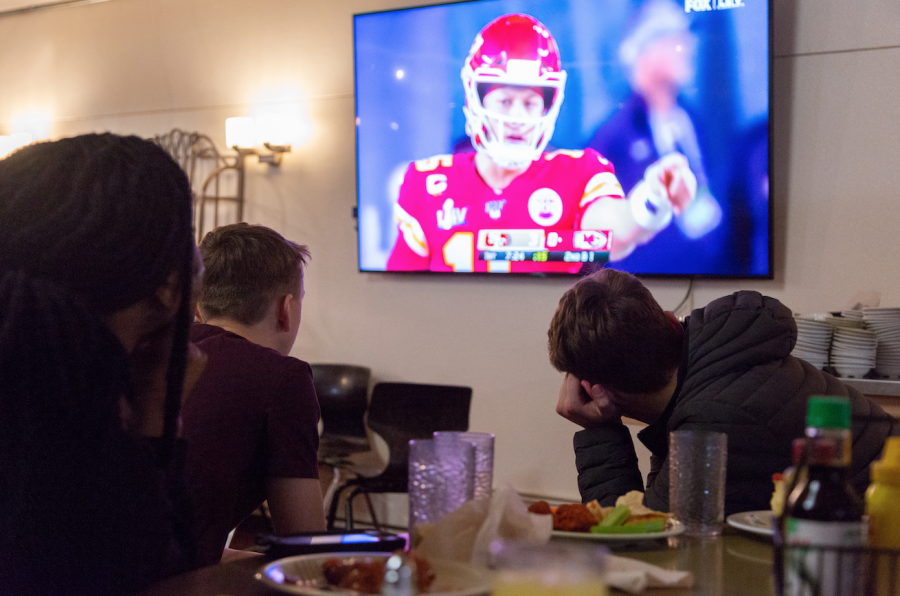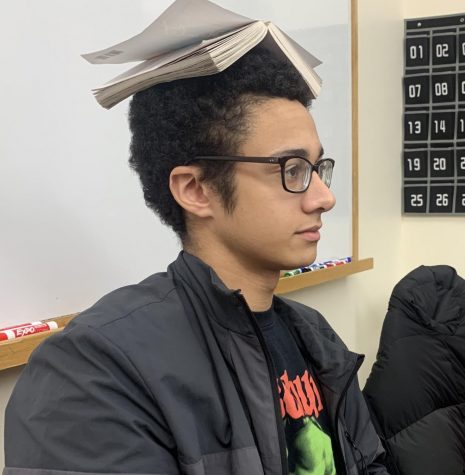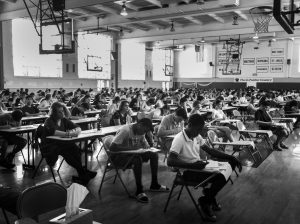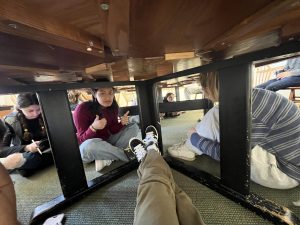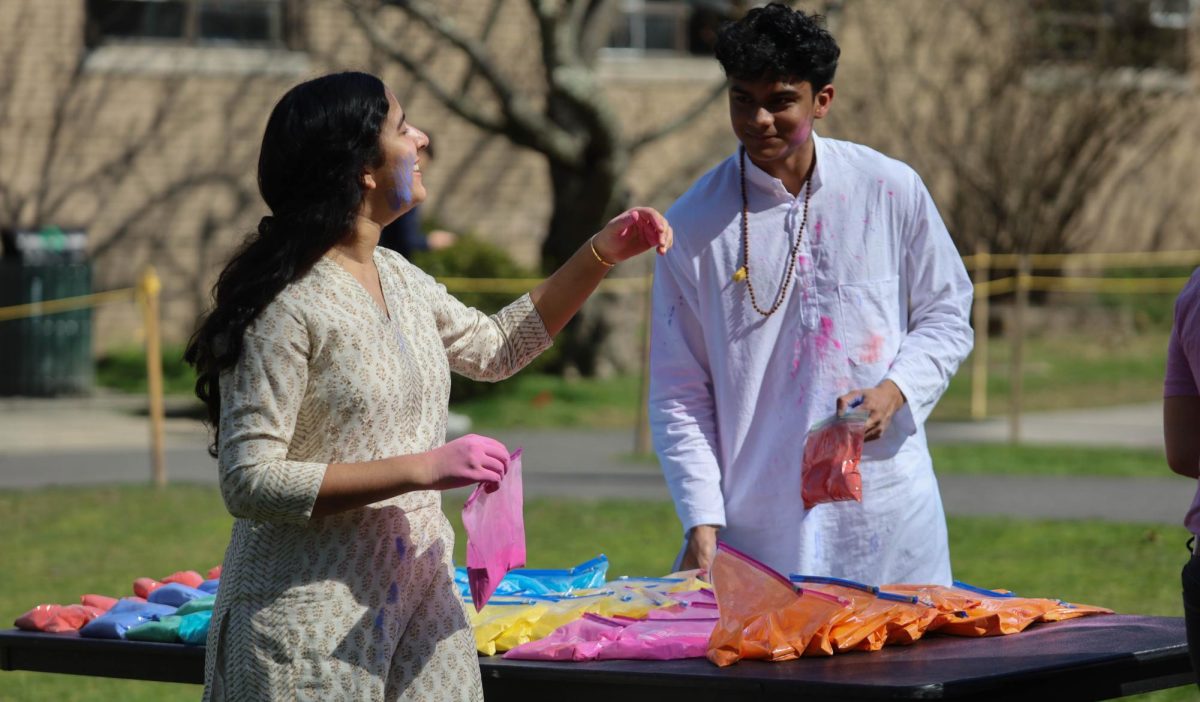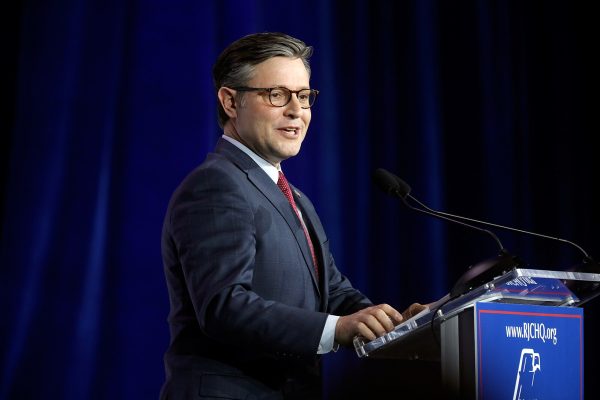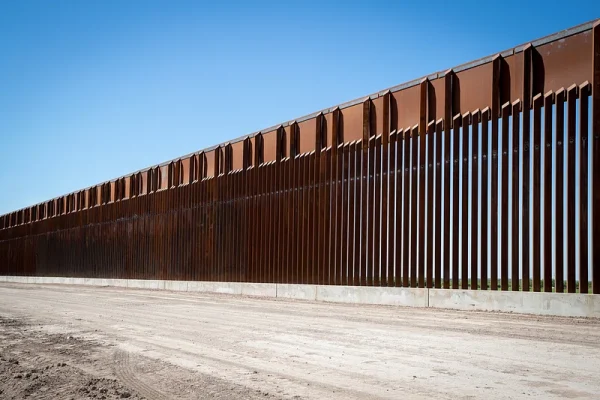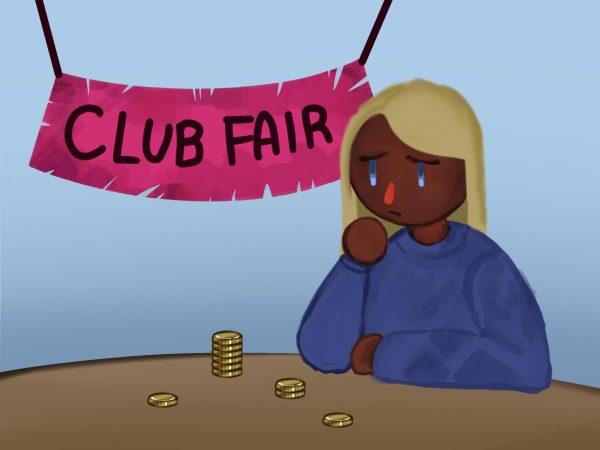Superbowl Monday should be a holiday
A group of boarding students watched the Superbowl in the dining hall this past Sunday. The next day, the students attended their classes, after a full day of festivities and traditions.
February 20, 2020
On the Monday after Super Bowl XLIX (2014), my seventh grade chorus teacher arrived to class five minutes late and informed us that he was unable to lead class – he had lost his voice cheering for his hometown Seattle Seahawks the night before. He told us that we would watch a movie instead of having our regular vocal practice. It was then that I realized that America needed a national holiday on the Monday following the Super Bowl.
The Super Bowl is the championship for the National Football League (NFL) which takes place annually on the first Sunday of February.
Having offices and schools operate each Monday after the big game – which is viewed by around 100 million people each year – results in unproductive activity that damages the respective environments. In my experience as a student, everyone is too busy sharing their experiences of watching the game to get any real work done. Having a day off of school after the Super Bowl would allow students to talk about the game for a full day, purging any potential football talking points and leaving students more focused on their work
According to WorkforceInstitute, an estimated 17.5 million people planned to miss work on Feb. 3 2020, the day after Super Bowl LIV, which tops the record 17.2 million workers that planned on missing work following Super Bowl LIII. With the number of workers staying home after the Super Bowl steadily rising, it is clear that many Americans are knowingly incapable of performing their jobs the day after the game.
According to a 2019 study from Office Pulse, 12 percent of business professionals said they expected to be hungover or extra tired on the Monday following Super Bowl LIII, with the percentage rising to 19 percent for millennial men. This data highlights the fact that many citizens, especially younger ones, are unable to work productively after exciting nights out at Super Bowl parties. With a sizable portion of the workforce feeling unprepared for a full work day, it is clear that action must be taken to ensure that workplace productivity is not tainted by the Super Bowl.
A national holiday on the Monday following each Super Bowl would be beneficial for workplace productivity. If employees and students were given the option to stay home from work and school on the day after the Super Bowl, the productivity losses that result from Super Bowl monday would be minimized.




